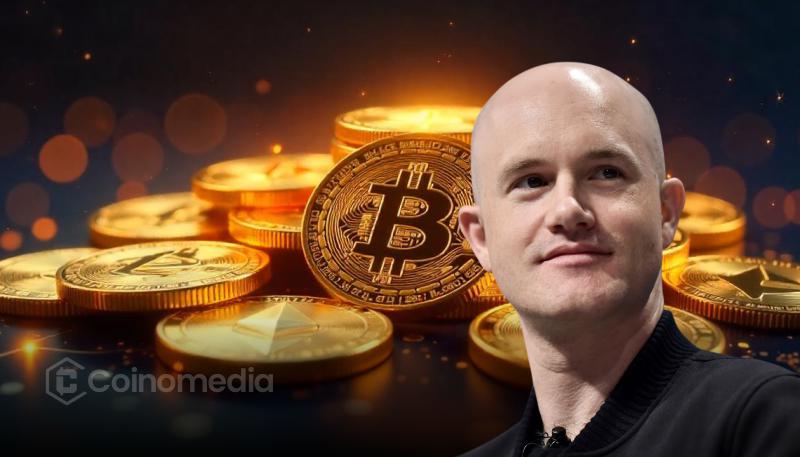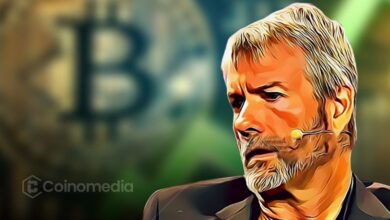Coinbase CEO Drops Buzzwords, Resolves $84K Bets
Brian Armstrong's crypto buzzword spree during the Q3 call settled $84K in bets—he claims it was spontaneous.

- Coinbase CEO used buzzwords during Q3 call, resolving prediction bets
- Over $84,000 was staked on whether he’d do it
- Armstrong says the moment wasn’t planned
During Coinbase’s Q3 earnings call, CEO Brian Armstrong ended the session with an unexpected twist—he rattled off a series of popular crypto buzzwords. This quirky move wasn’t just a bit of tech jargon flair; it triggered the resolution of over $84,000 worth of prediction market bets, all hinged on whether Armstrong would do exactly that.
Armstrong listed terms like “Layer 2”, “zero-knowledge”, “DePIN”, and “restaking”, a string of keywords familiar to crypto enthusiasts. His rapid-fire delivery caught the attention of the crypto community, especially on prediction markets like Polymarket, where participants had wagered thousands on whether he’d mention these terms.
The Bet That Paid Off
Prediction markets, particularly on blockchain platforms, allow users to stake money on real-world outcomes. One such bet involved whether Armstrong would mention certain buzzwords during the Q3 earnings call. When he did, the market quickly resolved in favor of “yes”, distributing over $84,000 in winnings.
This moment wasn’t part of any official script. Armstrong later clarified that the buzzword drop was spontaneous, saying it just came to him at the end of the call. Despite that claim, some online speculators questioned whether he was aware of the prediction market beforehand.
What It Means for Crypto and Prediction Markets
The incident highlights how deeply connected crypto culture is to platforms like Polymarket, where even corporate earnings calls become speculative events. It also shows how prediction markets can react instantly to public events, rewarding those with sharp instincts—or good luck.
For Coinbase, it added an unexpected bit of PR flair to their Q3 report, and for Brian Armstrong, it’s a reminder that even a few unscripted words can move markets—literally.



